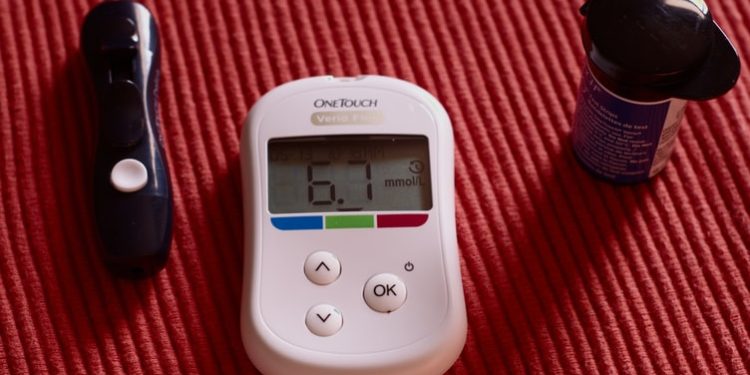Diabetes is a medical condition that affects how your body produces and uses insulin. As insulin is vital to convert the sugars in your blood into energy, diabetes could lead to elevated sugar levels and a range of other medical disorders, including strokes and heart disease. Let’s take a closer look at how diabetes affects your body.
Endocrine Systems
If your body doesn’t produce adequate insulin or is unable to use it effectively, other hormones activate to produce energy from fats. This process could cause raised levels of toxins in the blood and can lead to a severe complication called diabetic ketoacidosis.
Circulatory System
People with diabetes are more prone to the formation of fatty deposits in the walls of blood vessels that restrict the blood flow and cause high blood pressure, blockages in the heart and strokes. Narrowing of the blood vessels causes low blood flow and can lead to further complications in the extremities that could require amputation of a limb or extremity.
Digestive Systems
Elevated blood glucose causes this condition called gastroparesis in which the stomach is unable to empty its contents completely. Symptoms like nausea, bloating, heartburn, and vomiting could accompany this digestive disorder.
Nerves
Diabetes could cause severe nerve damage called diabetic neuropathy leading to a lack of sensations in parts of the body and can increase your chances of injury.
Kidneys
Prolonged diabetes could cause damage to your kidneys and affect how they filter toxins from the blood. If not treated in time, diseases like diabetic nephropathy could lead to permanent kidney damage or kidney failure.
Skin
Diabetes causes the skin to dry and crack. Over moisturizing or failing to dry the skin effectively could cause infections. Ineffectual management of diabetes can create other skin conditions that lead to thickening of the skin, brown patches, or hard yellow bumps.
Eyes
Diabetic retinopathy caused due to the swelling and leaking of blood vessels in the eye is a complication of diabetes that can cause vision loss and can lead to complete blindness.
Adopting lifestyle changes and the use of artificial insulin can help control diabetes. Effectively management can help to reduce other medical complications that accompany diabetes and allow for a better quality of life.










